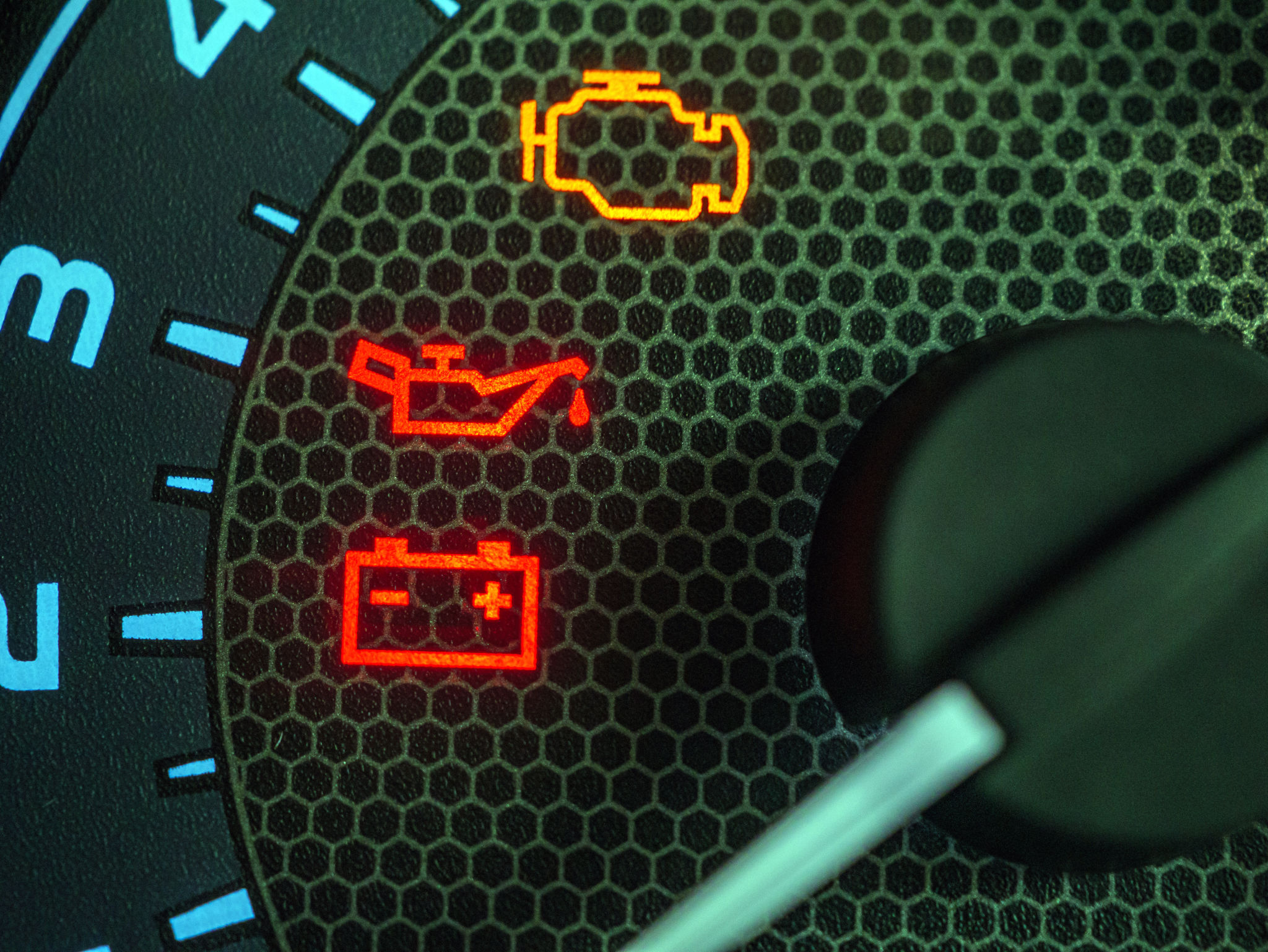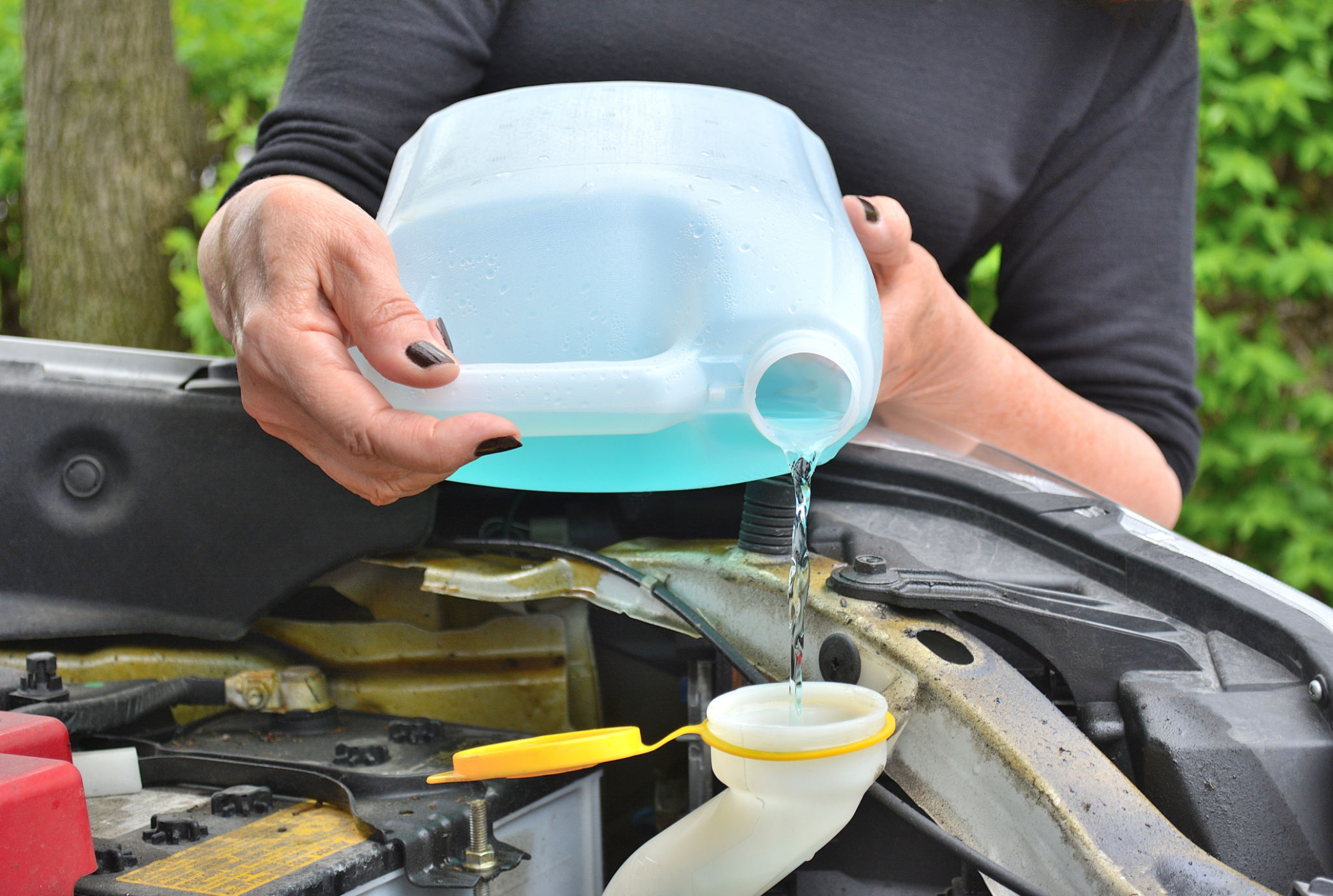How Seasonal Changes Affect Car Dashboard Lights in South Gloucestershire
Understanding Dashboard Lights
Dashboard lights are an essential part of your vehicle, providing crucial information about the car's status and alerting you to potential issues. In South Gloucestershire, where weather conditions can vary significantly with the seasons, these lights may behave differently. Understanding how seasonal changes affect these indicators can help you maintain your vehicle more effectively.

Impact of Cold Weather
During the colder months, particularly in winter, you might notice an increase in certain dashboard warnings. **Battery warning lights** are common, as low temperatures can affect battery performance. Cold weather thickens engine oil, making it harder for the engine to start, which may trigger the oil pressure light.
The **tire pressure monitoring system (TPMS)** light is also more likely to appear during cold snaps. As temperatures drop, so does tire pressure, which can lead to decreased fuel efficiency and increased wear on your tires. It's crucial to regularly check your tire pressure throughout autumn and winter to avoid these issues.
Effects of Warm Weather
As temperatures rise in the spring and summer, different dashboard lights may become more prominent. High temperatures can cause the **engine temperature warning light** to activate due to potential overheating. It's important to check your coolant levels and ensure your radiator is functioning properly to prevent engine damage.

Additionally, the **air conditioning system** may face increased demand during warmer months. If your air conditioning is not working efficiently or requires maintenance, the AC indicator light might illuminate, signaling a need for service.
Spring and Autumn Transitions
The transitional seasons of spring and autumn often bring fluctuating temperatures and weather patterns. These conditions can lead to intermittent activation of various dashboard lights. For example, condensation from frequent rain can affect electrical components, potentially triggering warning lights.

During these periods, it's wise to pay attention to any dashboard warnings and address them promptly. Regular maintenance checks can help ensure that your vehicle's systems are functioning optimally despite changing weather conditions.
Preventive Measures
To minimize the impact of seasonal changes on your dashboard lights, consider implementing a few preventive measures:
- Regularly inspect and maintain your vehicle's battery, especially before winter.
- Keep tires properly inflated and check pressure monthly.
- Ensure coolant levels are adequate, and the radiator is in good condition.
- Schedule regular vehicle inspections to catch potential issues early.
The Importance of Timely Response
If a dashboard light activates, it's crucial to respond promptly. Ignoring these warnings can lead to more severe problems and costly repairs. Many lights indicate issues that can be resolved easily if addressed early, preventing breakdowns and ensuring your safety on the road.
By understanding how seasonal changes affect your car's dashboard lights in South Gloucestershire, you can take proactive steps to maintain your vehicle's health year-round. This awareness not only extends the lifespan of your car but also enhances your driving experience in any weather condition.
